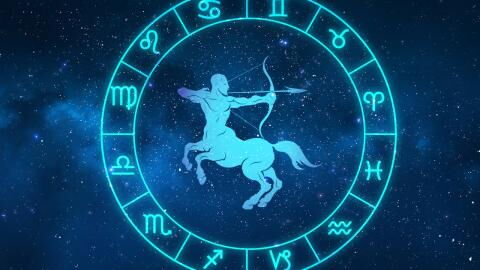You are probably one of those people who are filled with dread at the thought of winter; the darkness, the cold and maybe snow are not things you’re looking forward to. Some people feel this way about seasons as well. But in many cases, it’s more than you being in a funk about the changing seasons. You may actually be suffering from Seasonal Affective Disorder.
Discover our latest podcast
Seasonal Affective Disorder
Also known as seasonal depression, this disorder is a type of depression that is typically triggered by the change in seasons. Many people who have this condition tend to experience it in late fall. Symptoms range from feelings of sadness, lack of energy, loss of interest in usual activities, oversleeping and weight gain, according to Cleveland Clinic. Other signs and symptoms may include:
- Feeling listless, sad or down most of the day, nearly every day
- Having low energy and feeling sluggish
- Having problems with sleeping too much
- Having difficulty concentrating
- Poor appetite and weight loss in the summer
- Feeling hopeless, worthless or guilty
- Having thoughts of not wanting to live

You might be tempted to write it off these symptoms as you just feeling low or as a manifestation of your dislike for the season, but it could impact your life just as much as any other form of depression.
When to be concerned
As the symptoms above show, SAD, unlike winter blues, affects your daily life, including how you feel and think. Although it is normal to not feel quite like yourself on some days, you may want to see a healthcare professional if you feel down for days at a time.
Especially if this feeling is coupled with any of the symptoms listed or if you find yourself turning to alcohol or drugs for relaxation. You should also see a doctor when feelings of hopelessness, worthlessness and thoughts of suicide start to set in.
Sources used:
The Sun: Seasonal Affective Disorder is more serious than just having the winter blues
Cleveland Clinic: Seasonal Depression (Seasonal Affective Disorder)
Mayo Clinic:Seasonal Affective Disorder (SAD)















